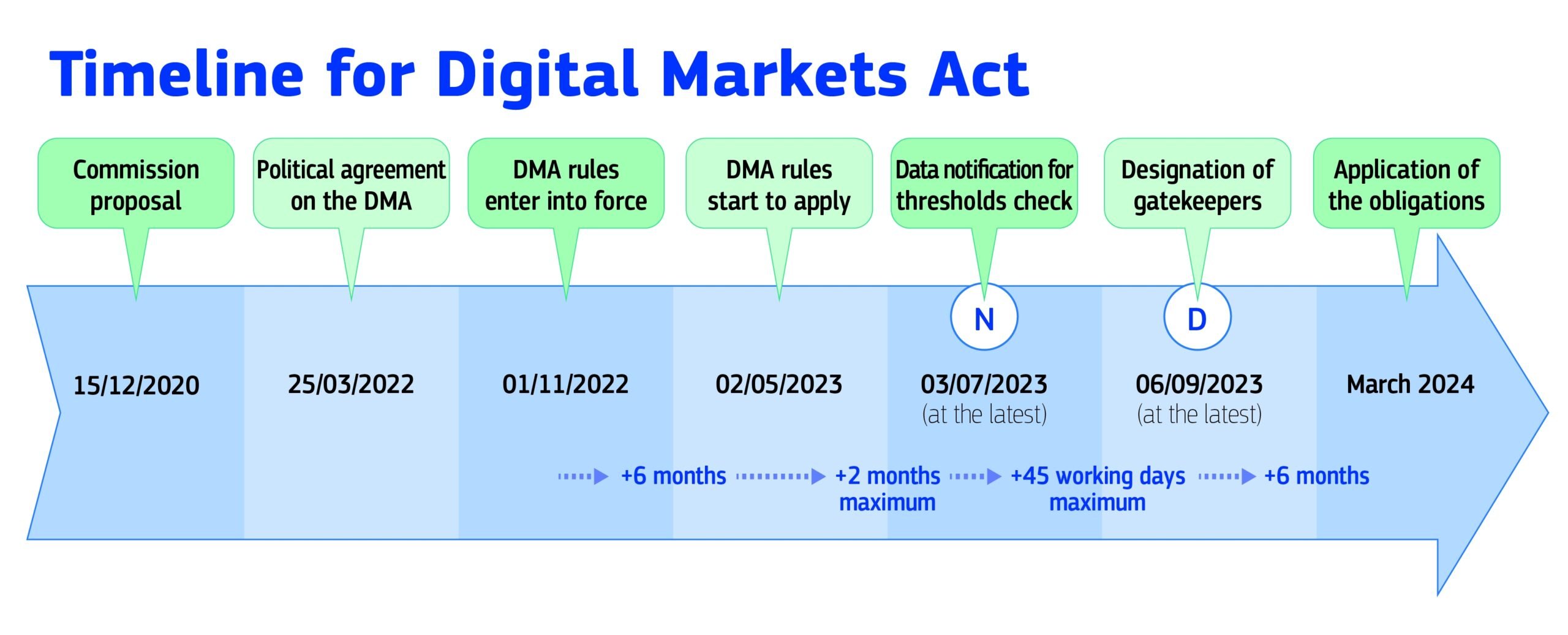A new European Union antitrust law defines that the gatekeepers, i.e. the managers of the large online platforms (such as Apple, the Google, Microsoft, etc.) should allow installation of third-party applications.

The new Digital Markets Act (DMA) also states that users should have access to these applications (read-download) and from services other than those of the gatekeeper, i.e. from the App Store in the case of Apple.
So we could see an increase in new app stores on iOS just like we have on Android and the Windows, όπως το App Store της Amazon, Google Play Store, Microsoft Store, F-Droid.
But the new law will not end there. It will also require gatekeepers to allow users to choose whether they want to set another download app or the regular Store they recommend as their default choice. Companies should also ensure that users can easily change the default app.
Should the EU also take a look at Windows 11?
The law gives some leeway to companies for security reasons. If a company finds that a third-party app or store compromises the integrity of its hardware or operating system, it will be allowed to take action against those apps. This means Apple could block malicious apps and/or remove them automatically.
The press release for the DMA is available from here.

The DMA will go into the implementation phase from 2 May 2023. It requires gatekeepers to notify the core services of their platform to the European Commission by 3 July 2023. All companies will have to comply with the DMA requirements by 6 March of 2024.





